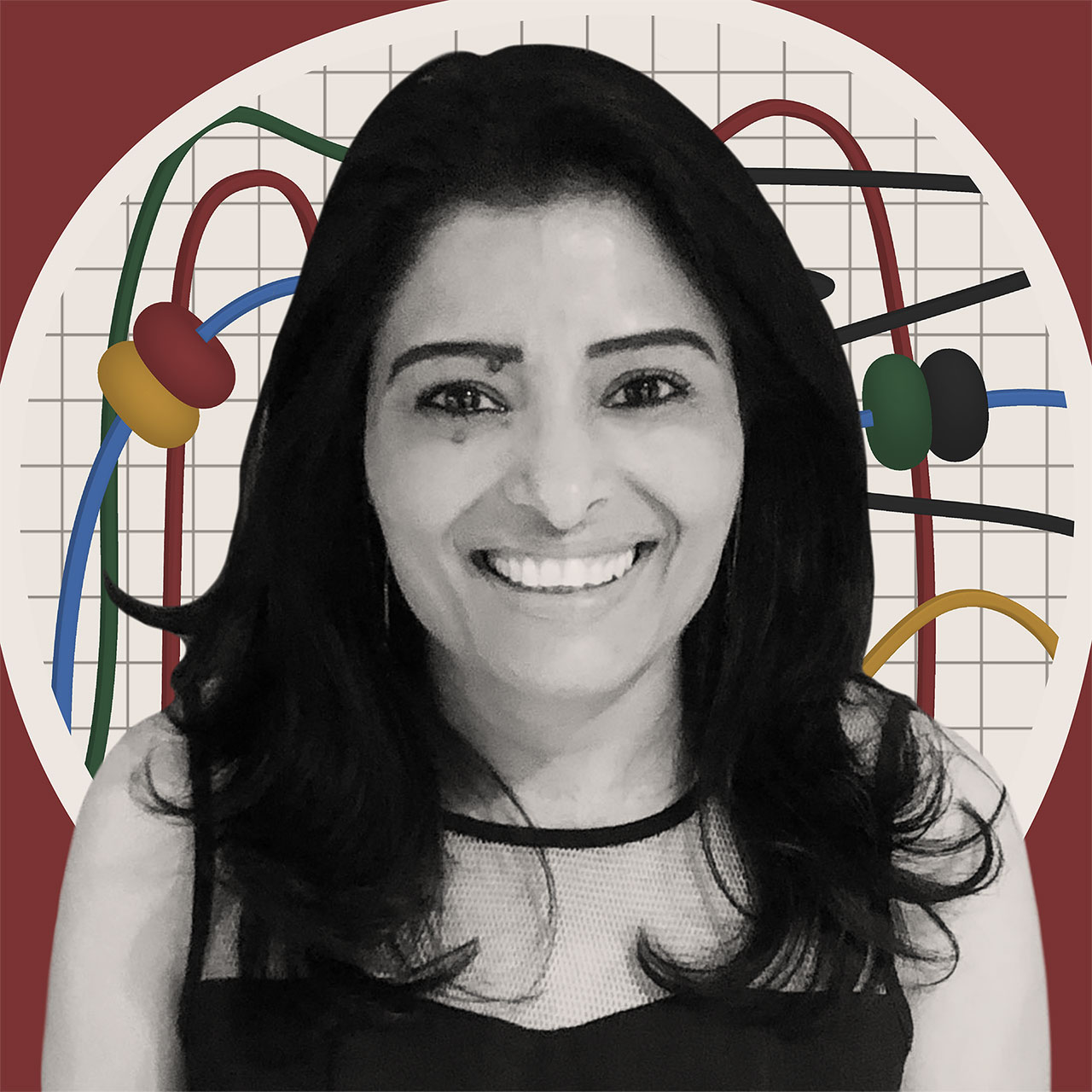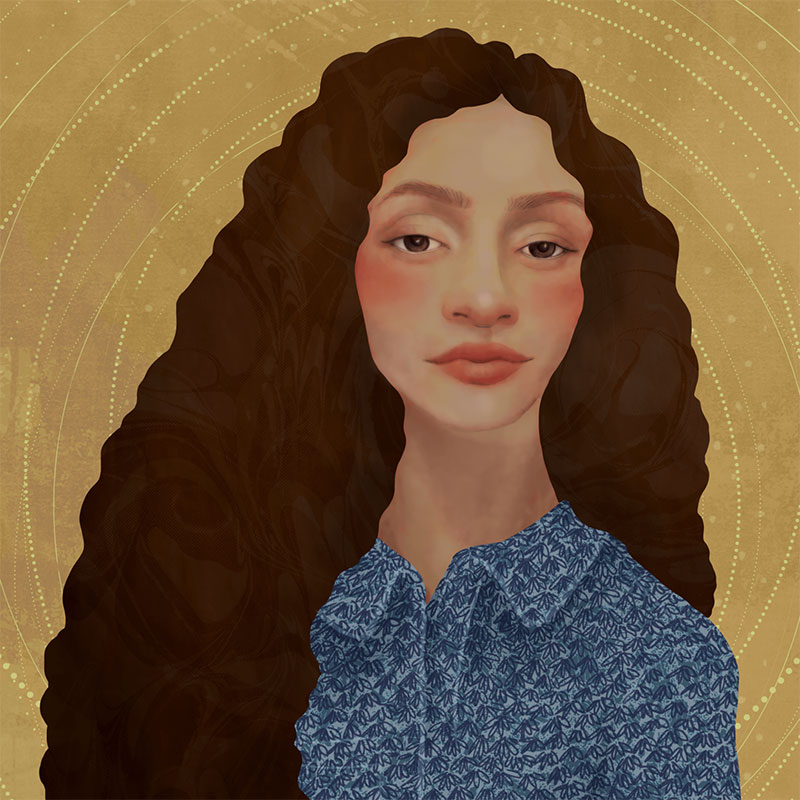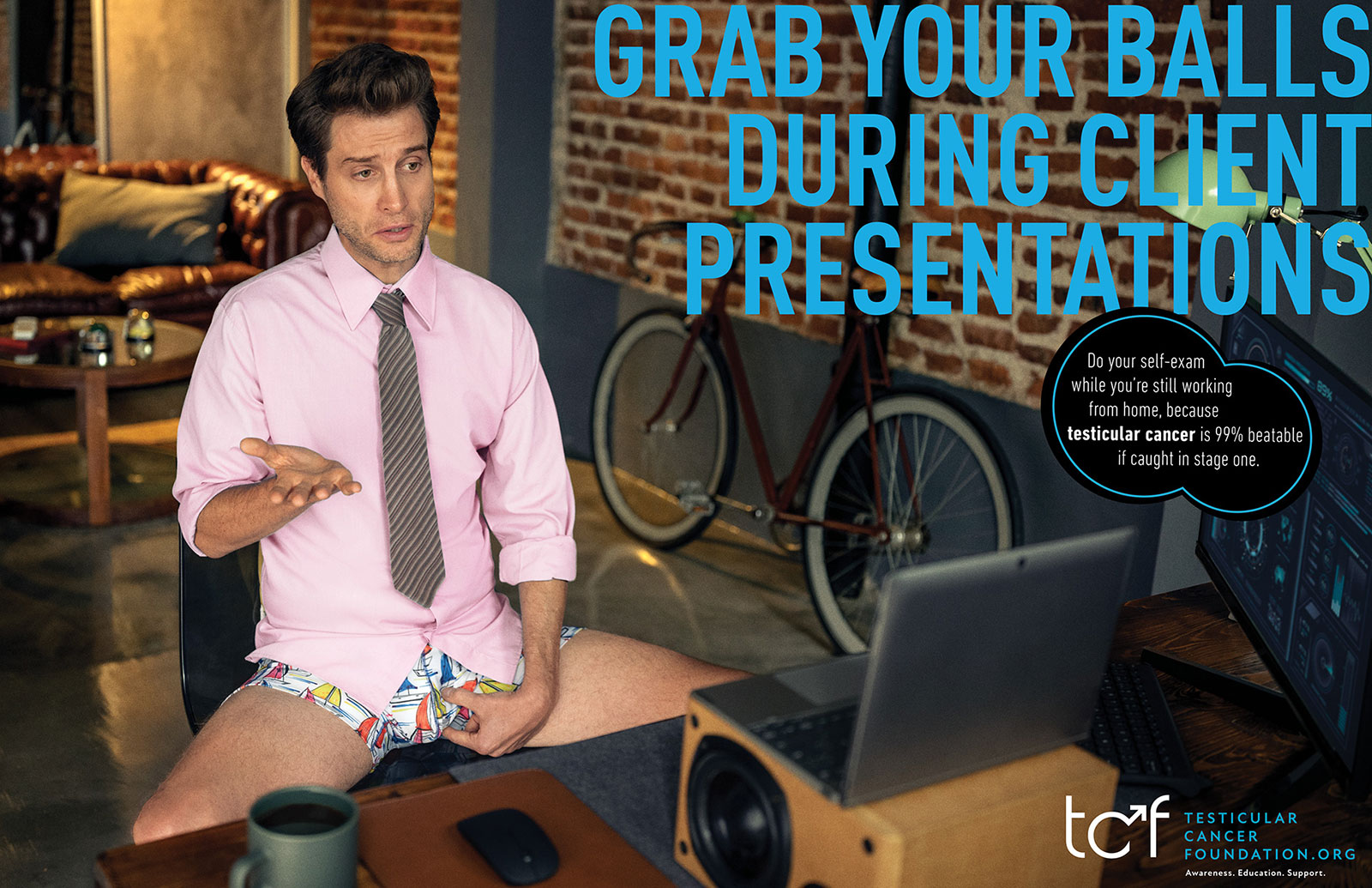Neon's Keshni Sharma on Pushing Healthcare Marketing Into More Innovative Channels
Keshni Sharma's 15-year advertising journey has taken her around the world. Having worked across three continents for a wide range of brands, Keshni has discovered that a mix of cultures and curiosity always leads to great ideas. She believes in the application of technology to ideas and vice versa—and that a big idea can help even "small" brands make their mark.
Currently group creative director at Neon, Keshni loves problem solving and seeks to come up with the most creative solution based on consumer insights and to create award-winning work for every project that she works on. She has tackled brands big and small and developed strong brand voices using multimedia campaigns and digital user experiences.
We spoke with Keshni for our series Checkup, where we chat with leaders in the healthcare marketing space.
Keshni, tell us...
Where you grew up, and where you live now.
I grew up in a small hill town in northern India, and now I live in a New York suburb.
How you first got into healthcare marketing, and what attracted you to it.
After working for 11 years in consumer advertising, I was looking for a change. I got a call from Havas to run some accounts that were not hardcore health brands, like All Clear laundry detergent, Walgreens, RFTCA, Wyeth Baby formula and Save the Children charity. I took those on and then got involved in concepting for pharma brands. It was challenging, but it helped stretch my creative muscles. I started to enjoy the challenge of creating great work within the restraints and responsibilities that come with the space.
Something people might not know about the healthcare industry.
Compared to traditional consumer advertising, there's more positivity in the office environment, people's attitudes, and working styles. It feels like everyone puts your well-being first. In this industry, I heard, for the first time, my supervisor say to me, "family first," when I wanted a few days off for a personal reason. There is inherent empathy, respect, and kindness amongst colleagues, which is very hard to find at the workplace. Those are vital things that keep people happy and help them thrive to do great work.
A recent project you're proud of.
There are two recent projects that I'm proud of.
"Uninterrupted Stories," a campaign against domestic violence. It was a simple idea. On International Women's Day, we took over Instagram's default "This Story Is No Longer Available" screens to feature the names of domestic violence victims. Key opinion leaders, organizations and influencers came together to deploy them worldwide, disrupting the story flow of millions of followers. Each story led to a commemorative gallery with memorials shared by their loved ones. Readers could donate to Safe in Harm's Way, a nonprofit organization that protects women at risk of abusive relationships.
"Grab Them from Home," a campaign raising awareness about testicular cancer and the importance of doing your self-exam. Testicular cancer is 99 percent beatable if caught at an early stage, yet 50 percent of men have never done a testicular self-exam, and men often don't talk about their testicular health openly because of taboo and shame. But because of the new work-from-home culture, there's never been a better time for men to do their self-exam. They could be sitting in their boxer shorts 40 hours a week with easy access to their testicles! We launched this campaign during the Testicular Cancer Awareness Month for the Testicular Cancer Foundation. Portraying slightly awkward but relatable images of men doing self-exam while in office meeting calls.
Someone else's project in healthcare that you were impressed by recently.
The Cost of Bullying. Online bullying is one of the major causes of teenage depression and suicide, and kids are spending more time on gaming devices than ever before. This idea tackled gamers' online bullying behavior head-on by making them pay the price each time they bully someone. Helping make them conscious of their harmful behavior.
The Bread Exam. Is a bread recipe that implicitly teaches women how to self-check for breast cancer?
Getting women in hyper-conservative cultures to examine their bodies would seem impossible. But when you understand the customs and traditions engraved in society, you can use them to respectfully bypass taboos and save lives. Simple, clever idea that reminds women to take care of themselves while taking care of their family cooking bread. And fighting and overcoming cultural taboos (and social media restrictions).
A major challenge facing healthcare advertisers today.
A significant challenge is getting pharma clients to trust ideas that rely on innovative channels and platforms. In healthcare, tried and tested concepts are the usual go-to's. Original ideas bring up legal and regulatory hurdles that many clients and agencies often do not have the motivation to tackle.
One thing about how healthcare is evolving that you're excited about.
The pandemic has undoubtedly shifted consumer and marketer behavior, and, more than ever, advertising now should help improve our world. And I'm happy to see that both clients and agencies are starting to take this responsibility seriously. For instance, raising awareness and finding treatments for rare diseases advances patient care. As a result, we are fighting back against diseases once thought of as death sentences and giving so many patients real hope.
How healthcare can attract more creative talent.
People judge health work from just what they see on TV, which is problematic as it still must follow rules that were set decades ago. There is a lot more happening in the pharma space. Health brands now embrace digital platforms and create significant ideas using gaming platforms, social-engagement platforms, and big activations ideas—expanding into immersive experiences, events and conventions. I think agencies should be more present on campuses exposing new talent to these ideas, not only in art colleges and ad schools but also expanding out to students with a science background.
What would you be doing if you weren't in healthcare marketing?
I would be traveling and learning how to cook different world cuisines from the locals and then open a restaurant of my own.
Checkup is our new weekly Muse series, publishing on Thursdays, where we chat with leaders in healthcare marketing. To learn more about Checkup or our Clio Health program, please get in touch.















